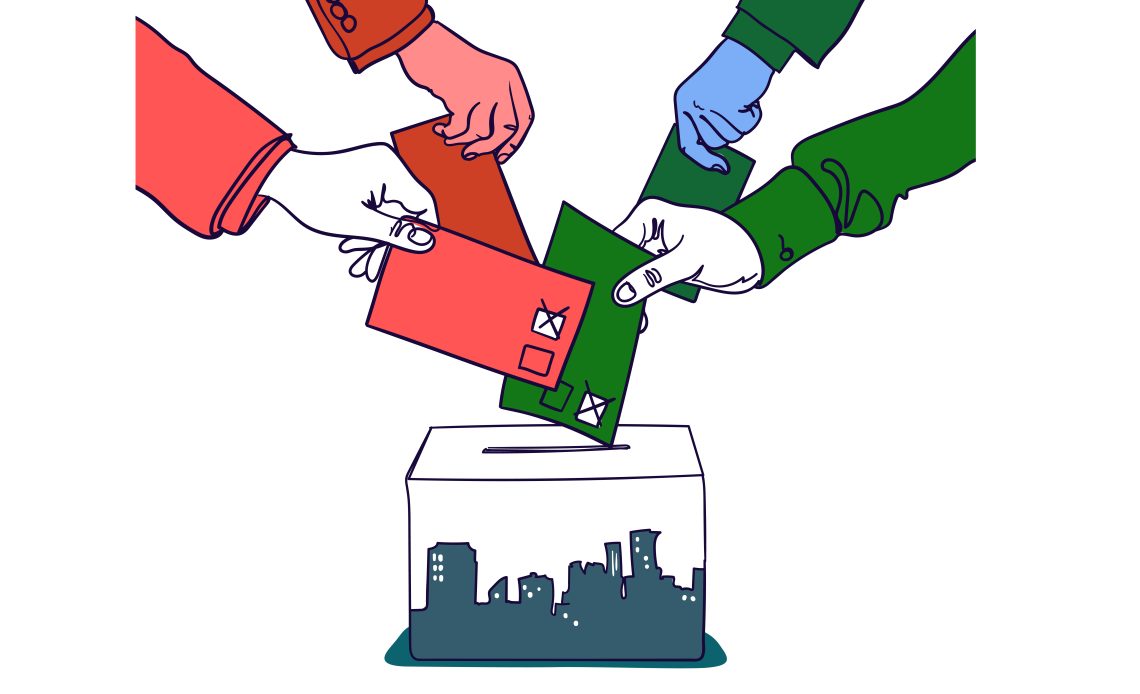
‘Where few take part in decisions there is little democracy; the more participation there is in decisions, the more democracy there is.’
-Verba and Nie
The Centrality of the People in Democratic Governance
Pursuant to Article 1 of the Constitution of Kenya 2010, all sovereign power belongs to the people of Kenya and the sovereign power may be exercised by the people either directly or through their democratically elected representatives. This provision is the hallmark of the universal suffrage and as such, the centrality of the people in the democratic governance of Kenya can hardly be overstated.
Just like every other election, the upcoming general elections slated for 9th August, 2022 shall be an occasion of true grandeur as it will present to the people of Kenya an opportunity to confer powers upon their preferred leaders for an interim period of five years. This means that the future of the country for the next half-a-decade will be placed in the hands of a limited number of officials over the said electoral term.
Without doubt, this is a crucial decision that should be made by the greatest feasible percentage of the electorate. The poor performance of elected leaders, which is an age-old problem that has plagued the country since independence, is a fact which aggravates the need for a paradigm shift. This change can only be achieved with the concerted efforts of the people of Kenya coming together and making their voices heard through the ballot.
A Glimpse of Voter Apathy in the Upcoming General Elections
With the general elections fast approaching, the Independent Electoral and Boundaries Commission (IEBC) announced that it concluded the national Enhanced Continuous Voter Registration (ECVR) in all the 450 County Assembly Wards across the country. Despite having targeted 4.5 million new voters, the IEBC only registered a paltry 1,031, 645 new voters.
The stark contrast between the estimated number and the actual number of registered voters is a testament of the resounding apathy among the Kenyan electorate. The voter apathy leading up to the elections on 9th August is a prologue to some of the problems that have bedeviled our society for ages as we are effectively tossing out the opportunity to identify and select transformative leaders who could potentially bring about desirable societal change.
Most notably, the apathetic nature of the eligible Kenyan voter exemplifies the unfortunate fact that even after 50 years of independence, most of us have not appreciated the importance of good governance and that we are yet to realize the power of the vote in the democratic process.
How Voter Apathy Stifles Democracy
Many theories and rationales have been postulated to explain the causes of voter apathy in different countries across the globe. In the African context, for instance, it has been suggested that one of the most salient causes of voter apathy is the poor performance of elected leaders across the African continent. However, given the enormity of the stakes in the democratic governance of a country, these explanations are largely insufficient.
Voter apathy is a pain in the rear of democratic governance as it poses a myriad of governance problems. The first problem posed by voter apathy is that the uncast vote represents the unexpressed will of the voter and this undermines the whole essence of democracy. Secondly, an eligible person who does not register as a voter puts in jeopardy the representative quality of the outcome of elections.
Failure to exercise ones right of suffrage also depicts that a person has very little consideration for the common good and public interest. In light of the foregoing, it is apparent that democracy is literally strangled at the feet of voter apathy and when all is said and done, the ultimate consequence of voter apathy is that we are shackled to incompetent leadership after each electoral period.
Conclusion
Voting lies at the very heart of the political participation of the people of Kenya as it enables the people to express their opinions and preferences of the politics, politicians and policies of this beloved country. The people of Kenya are provided with an equal opportunity and effective opportunities for ventilating their opinions and preferences regarding the leadership of the country at both levels of government.
As such, the number of registered voters and the number of voters that ultimately turn up to vote are the true determinants of political participation. Voter apathy undermines the whole concept of democracy and this is therefore a clarion call to all persons eligible to vote in Kenya, in the upcoming general elections as well as subsequent elections, to ensure that they are registered as voters and to cast their vote on the Election Day.



The youthful population in Africa should spare time to go through this particular article. Kenya, just like other countries will be led by the current youth in the future. Failing to participate in elections does not in any way punish the leaders but the rest of the population. It is vital that we do our civic duties.
#WritAfricaChallenge
*a fact which aggravates the need for a paradigm shift* A punch line that need be noted. The election held on August 2022 has given this point power, hence a power point. Especially Mt. Kenya region gave a repudative approach on the need for change. A thing Kenyans should embrace #writafricachallenge